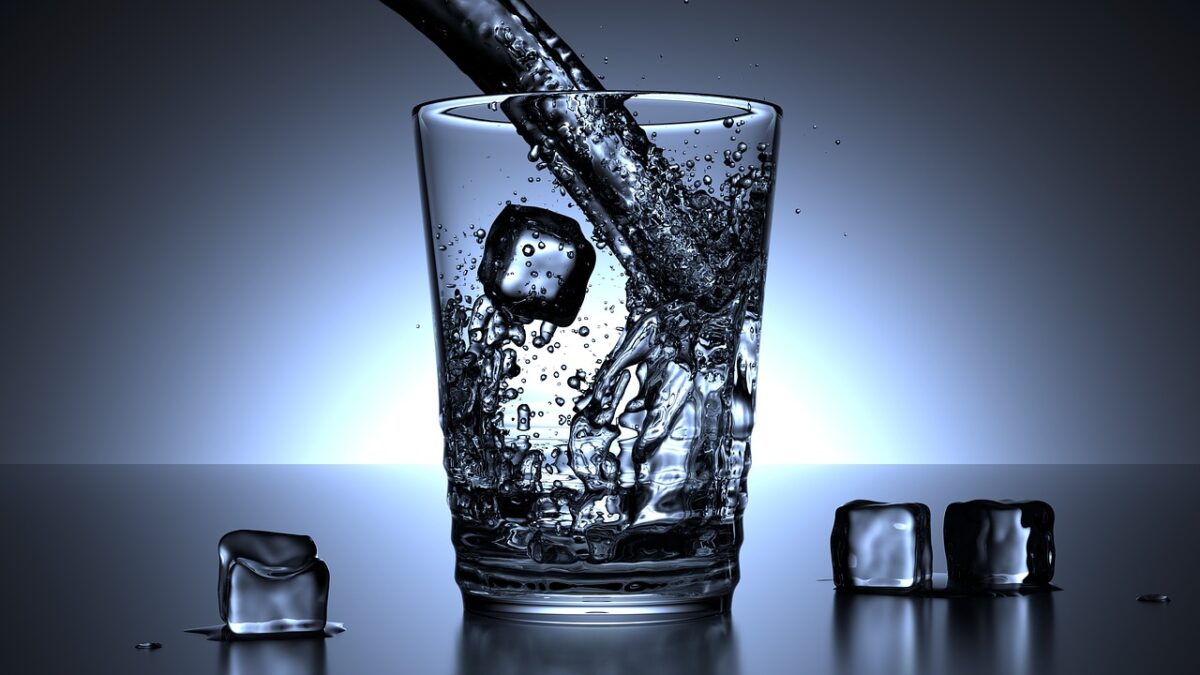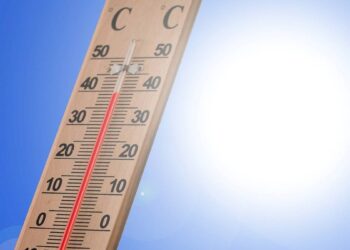A severe heatwave is forecast to hit Punjab and Sindh starting today, prompting urgent public health and safety measures. Federal and provincial authorities have issued essential guidelines to help residents protect themselves from heat-related illnesses, especially heat stroke.

What is a heat stroke?
Heat stroke is the most serious heat-related illness, with a mortality rate ranging from 10% to 80%. However, prompt intervention and cooling can reduce this rate to as low as 10%. Heat stroke occurs when the body’s temperature regulation fails, leading to potentially fatal consequences.
Who is the most vulnerable?
Certain populations are at higher risk and must take extra precautions, including:
- Infants and young children
- Elderly individuals
- Athletes
- Outdoor workers
What are heat stroke symptoms?
Early recognition of heat stroke symptoms is crucial. Look out for:
- Body temperature exceeding 39.4°C (103°F)
- Dry, hot, and red skin without sweating
- Rapid, strong pulse
- Severe headache
- Dizziness or lightheadedness
- Nausea or vomiting
- Confusion or disorientation
- Slurred speech
- Unconsciousness
- Seizures
- Lack of awareness
How can you protect yourself from heat stroke?
Authorities recommend the following safety tips to prevent and protect yourself from heat stroke:
- Avoid Peak Heat Hours: Stay indoors during the hottest parts of the day.
- Limit Strenuous Activities: Do strenuous activities in the early morning (4 a.m.–7 a.m.) if necessary.
- Seek Shade: Stay in shaded areas as much as possible.
- Never Leave Kids or Pets in Cars: Do not leave children or animals in parked vehicles.
- Stay Hydrated: Drink plenty of water to avoid dehydration.
- Minimize Sun Exposure: Limit time in direct sunlight and avoid high environmental temperatures.
- Avoid Vigorous Activities: Refrain from intense physical activities in hot and humid weather.
- Protect Outdoor Workers: Take breaks, seek shade, and drink plenty of water if working under the sun.
- Avoid Certain Drinks: Avoid caffeine, sugary soft drinks, and tea to prevent dehydration.
- Consume Salty Foods: Eat salty foods and use an umbrella for sun protection.
- Wear Appropriate Clothing: Wear hats, light-colored, and loose-fitting clothes.
- Cool Down: Take cool showers or baths, use cold packs, wraps, towels, and foot baths.
- Monitor Health: If feeling dizzy, weak, anxious, or experiencing intense thirst and headache, move to a cool place, measure body temperature, and rehydrate with water or fruit juice.
- Address Muscle Spasms: Rest in a cool place and drink oral rehydration solutions if experiencing muscle spasms. Seek medical attention if cramps last over an hour.
- Immediate Heat Stroke Treatment: Victims of heat stroke require immediate medical treatment.
Official Advice
The National Disaster Management Authority (NDMA) and provincial bodies stress the importance of these preventive steps. Quick action and awareness can greatly reduce the risks associated with extreme heat.
Conclusion
As Punjab and Sindh brace for this intense heatwave, it is crucial to follow the advice from authorities and take all necessary precautions to prevent heat stroke and related illnesses. Stay informed, stay hydrated, and stay cool.
For further updates and information, follow directives from the National Disaster Management Authority and local health officials.




















